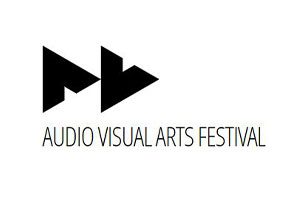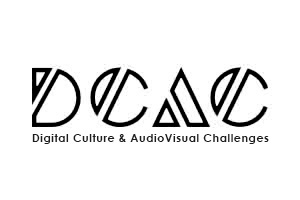Description:
Radio art is a category of audio art which makes use of the artistic potential of the radio as a medium. Radio art involves radio’s primary codes, i.e. voice, music and sound but goes much further artistically technically and structurally than conventional radio, being essentially a complex electroacoustic music composition encompassing every possible approach to narrative strategies from the abstract acousmatic to the highly dramaturgical. A rich literature has been created for radio art since the beginning of the 20th century forming a great variety of types and kinds of works, which become particularly adventurous in the '60s and after, in a constant search for innovative ways of interweaving sounds and meanings. This course introduces the student to the history, the theory and the aesthetic approaches of this art through a theoretical presentation and a listening session.
Keywords:
neues hörspiel, ars acustica, telematic art, transmission art
Objectives (hour):
1. Introduction. History of Radio Art (Ars Acustica Tradition)
2. History of Radio Art (Telematic Tradition)
3. Radio Art Aesthetics
Prerequisites/advisable prior knowledge:
Basic knowledge of the history of radio and of contemporary art.
Evaluation feedback:
Listening sessions where participants will be evaluated by the instructor with main criteria their active participation and initiative for critical thinking.
Recommended reading list:
Allen Weiss (ed.), Experimental Sound and Radio, Cambridge Massachusetts, MIT Press, 2001
Erik Granly Jensen & Brandon LaBelle (eds), Radio Territories, Los Angeles/Copenhangen, Errant Bodies Press, 2007
Recommended listening:
www.kunstradio.at (Kunstradio)
Back to courses





